Your Clinic
SET A LOCATION
Your Clinic
SET A LOCATION
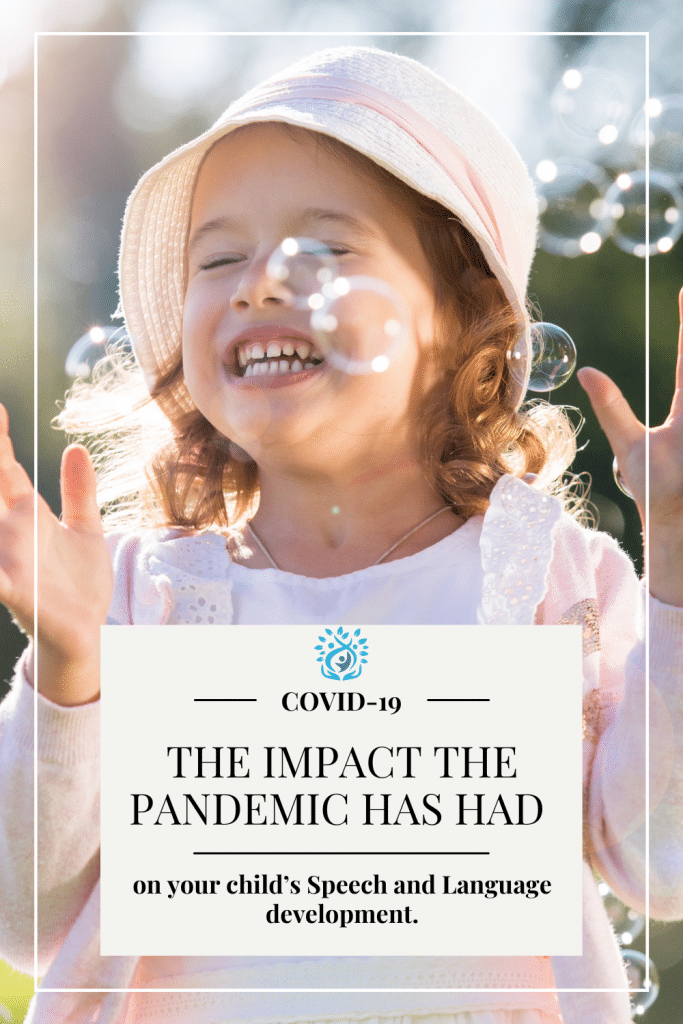
The past two years in the pandemic have been short of easy. With lockdowns, school closures, and social distancing, you may be asking yourself how these unexpected events have impacted your child’s development. Progressive Pediatric Therapy is here to help you answer these questions and provide you with possible solutions on how to best help your child improve with their speech and language development.
A number of recent studies have shown that through lack of social interactions, mask wearing, and passive screen time, our early language learners are suffering a negative impact on cognitive and language development. Although long term effects are yet to be determined, a study done in Rhode Island showed that children born in the pandemic have significantly reduced verbal, motor and overall cognitive performance compared to children born prior to the pandemic.
There are several factors that have played a large role in the delay of our children’s language development. It is important that parents are educated on what those factors are; in order to help their children make up for lost time and recognize the missed language opportunities that have occurred during the pandemic.
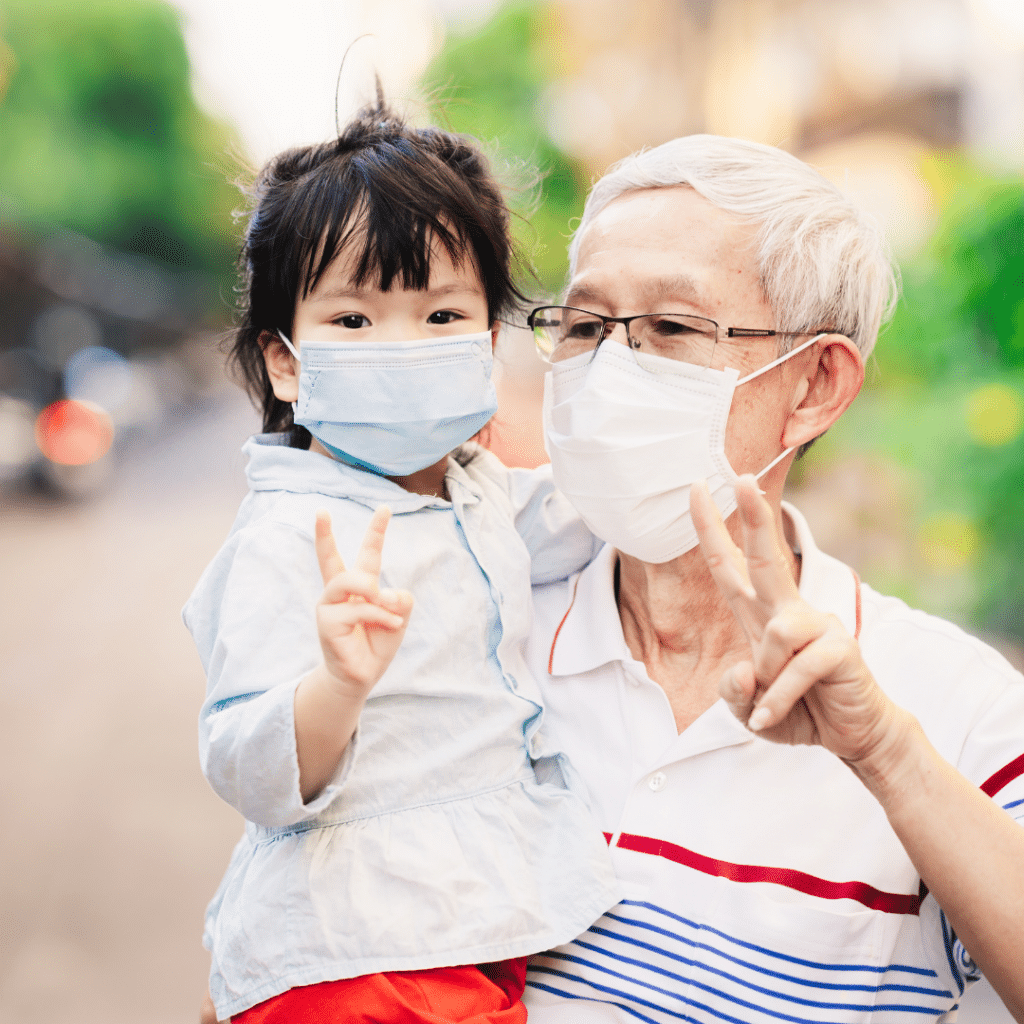

Despite the obstacles in place, Progressive Pediatric Therapy is here to help through effective Speech and Language therapy. Our therapists will provide useful coaching and carry over strategies that will help your children thrive and master those speech and language milestones that may be lagging a bit behind.
The post COVID-19: The impact the pandemic has had on your child’s Speech and Language development. appeared first on PPT4Kids.


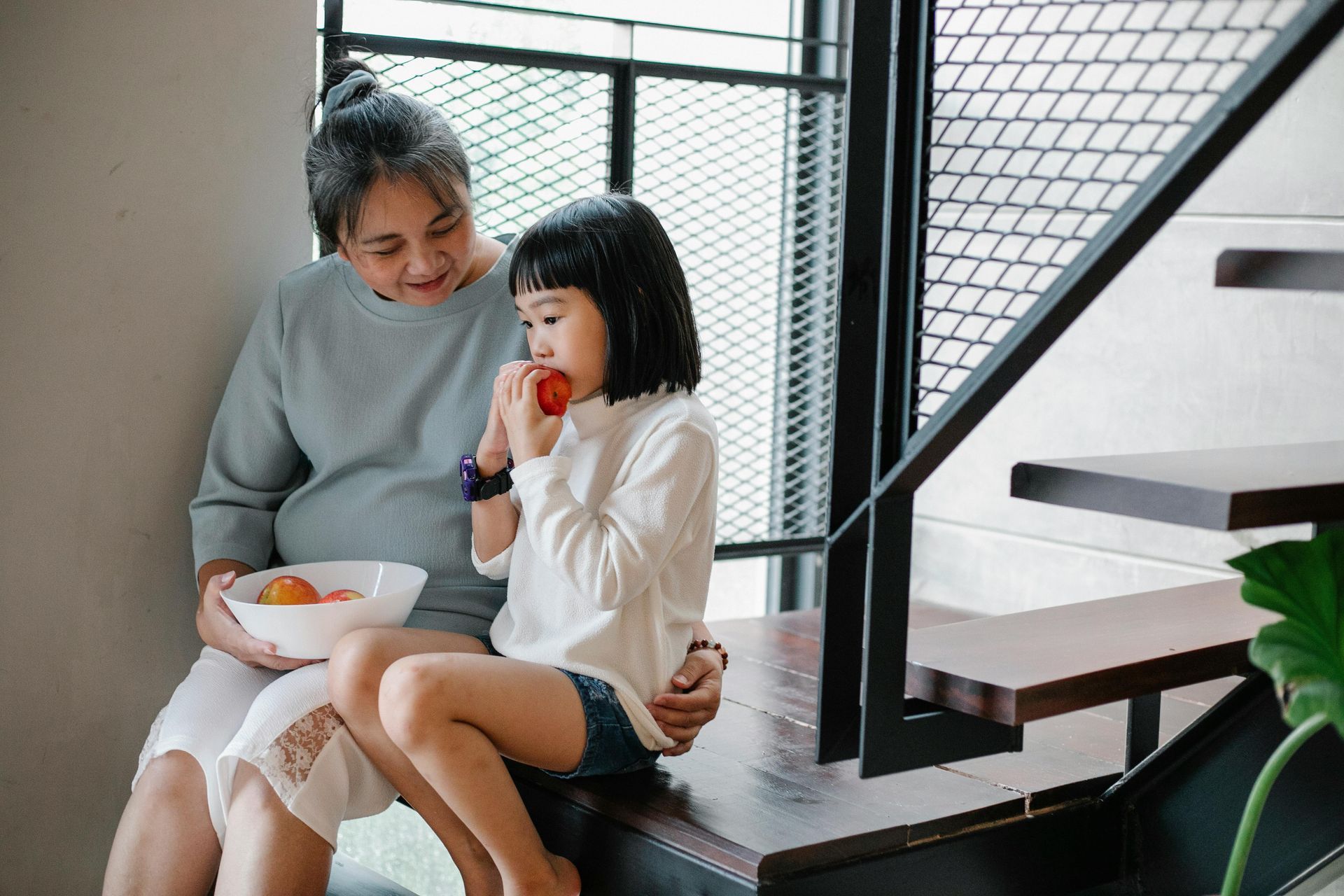
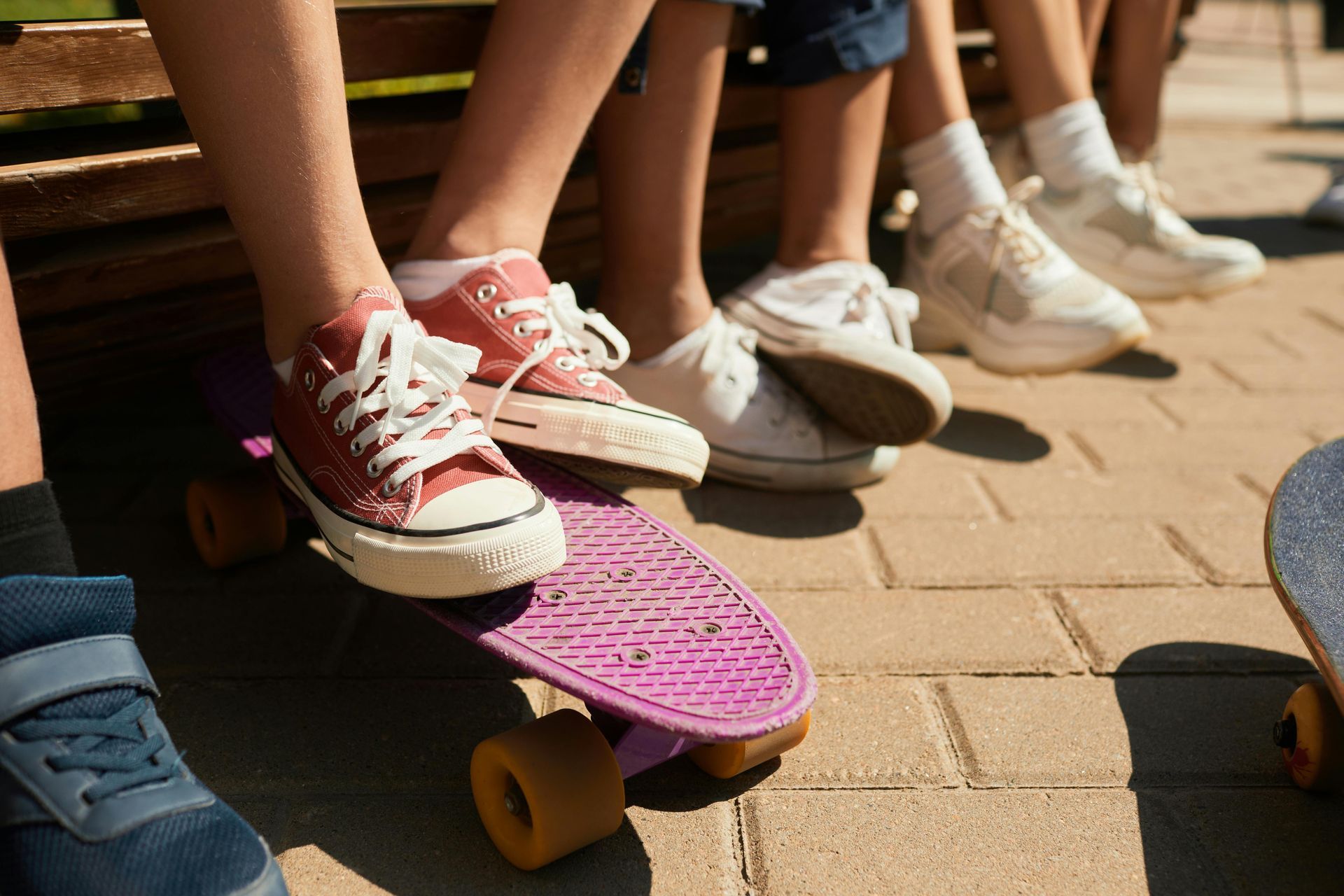


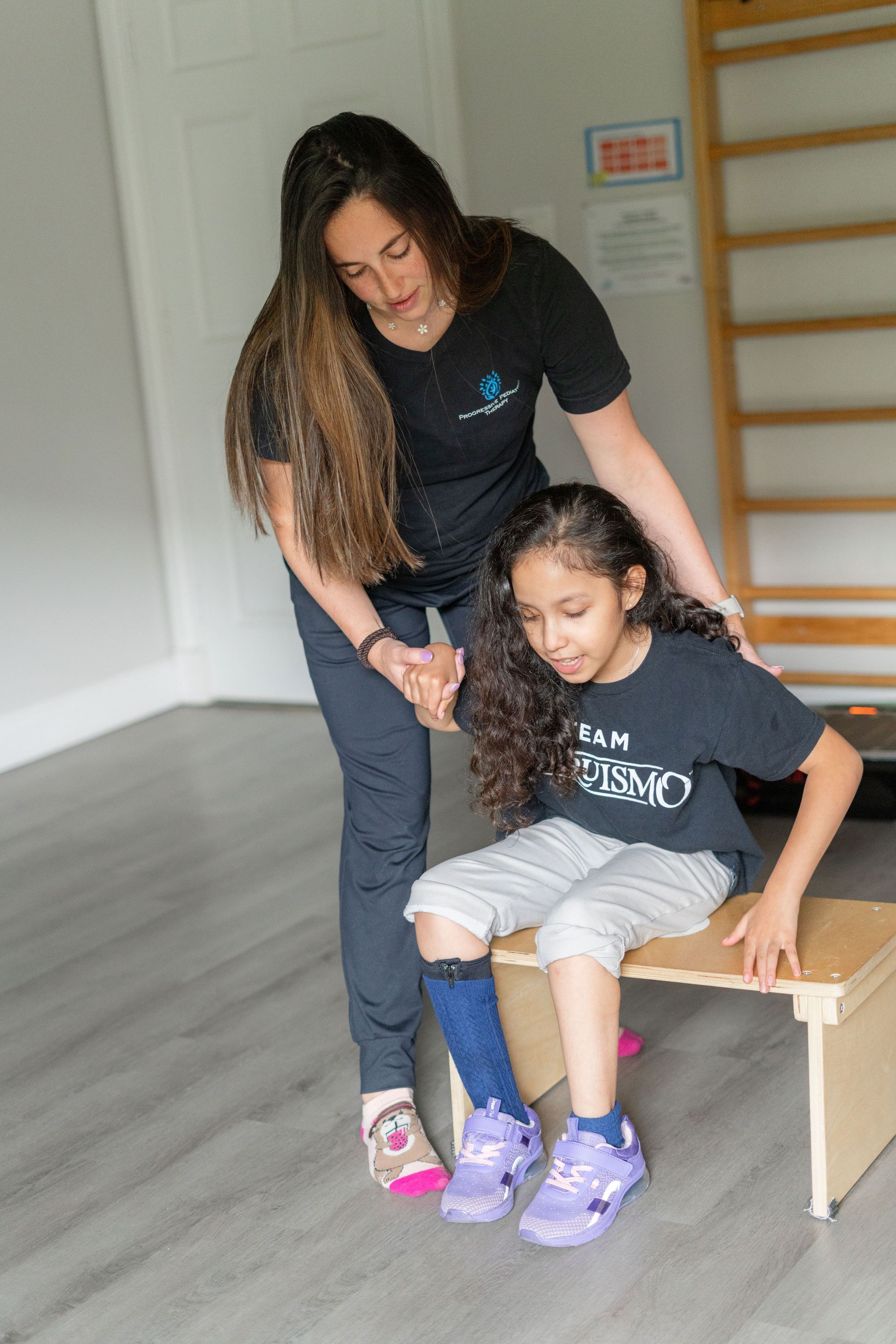
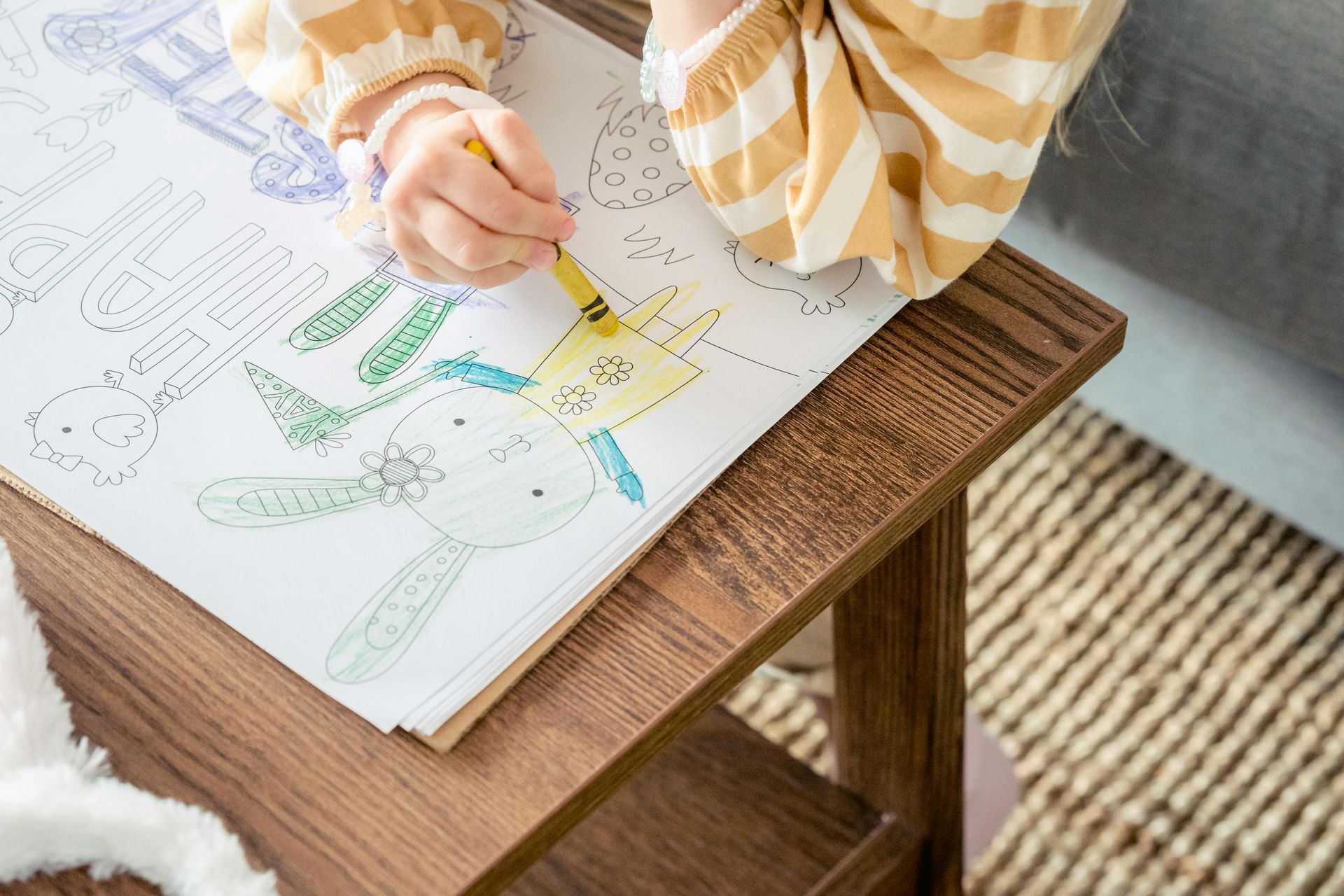
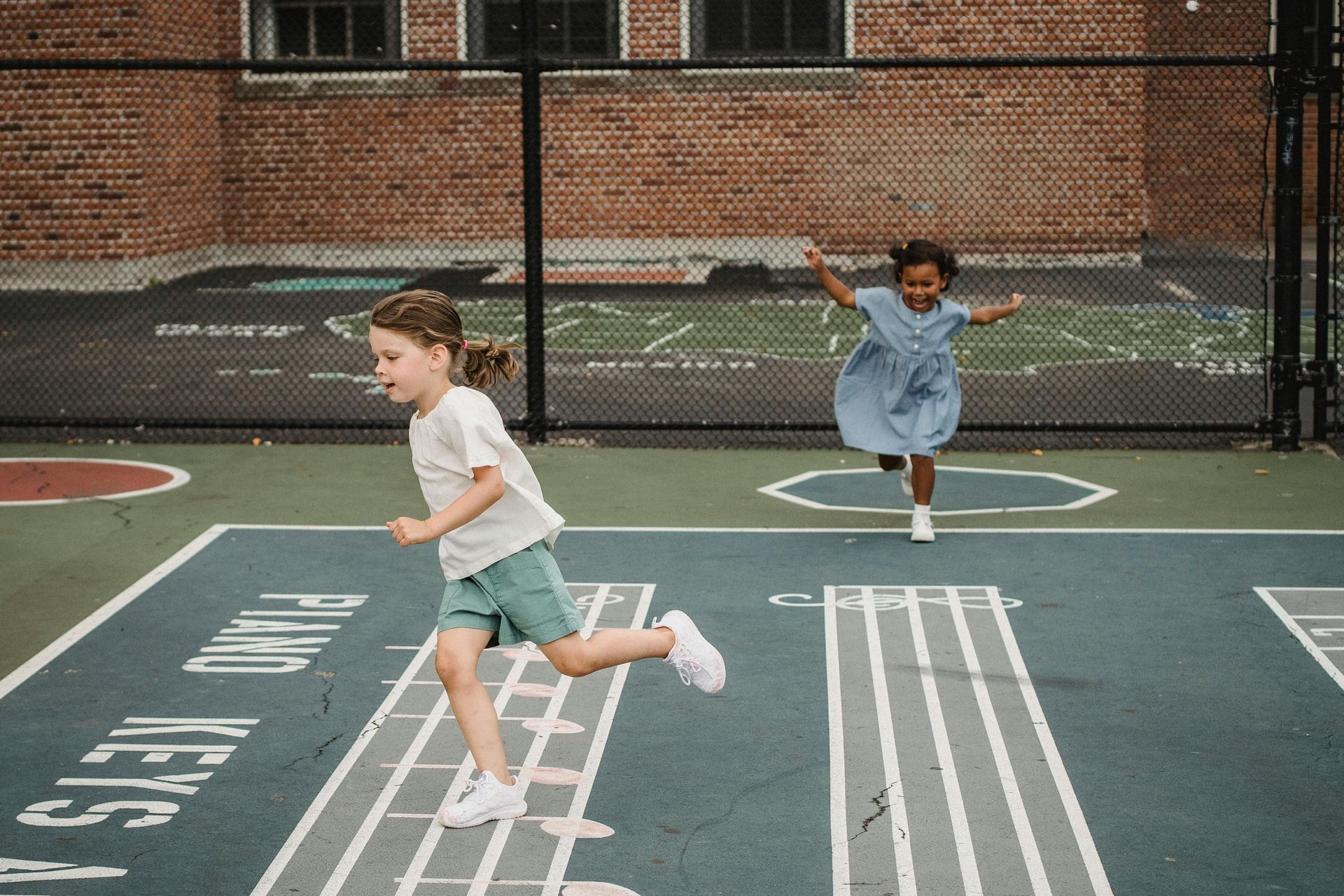
We empower children, families, and the community to learn, grow, and celebrate every child's unique abilities.
Quick Links
Contact Details
Phone: 561-376-2573 | 561-918-0190
Fax: 561-218-4939
VIP Concierge: 561-717-1764
Clinic Locations
All Rights Reserved | Progressive Pediatric Therapy, Inc. | Privacy Policy | Terms of Service
Site by Spearlance